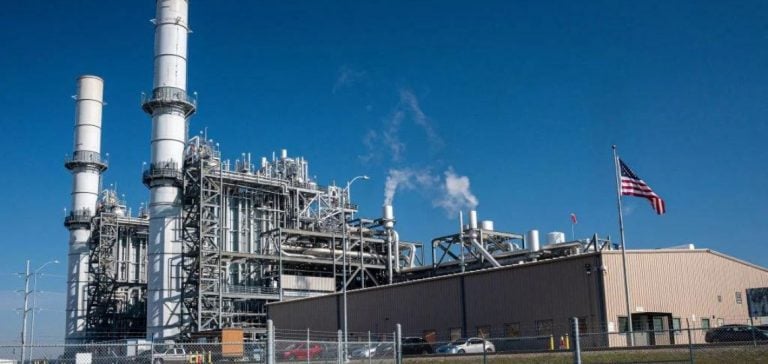The US oil and gas sector is going through a period of economic turbulence, as falling oil and gas prices curb investment and impact production strategies.
The price of crude oil fell by around $9 per barrel in the third quarter, to $71, compared with $80 in the second quarter.
This drop, coupled with a continued fall in natural gas prices, particularly at the Waha hub in Texas, has led operators to reassess their short-term plans.
In this situation, many players in the sector have had to adjust their production.
Indeed, 35% of companies in the Permian Basin said they had reduced gas production due to lower prices.
According to the Dallas Federal Reserve Bank survey of 136 companies, the situation remains worrying.
Operators are becoming increasingly cautious and are delaying certain investment decisions, particularly in drilling and well-completion projects.
Long-term prospects called into question
Medium- and long-term forecasts are hardly more optimistic.
The companies surveyed expect oil prices to reach $73 in six months’ time and only $87 in five years’ time.
As for natural gas, the situation is even more uncertain.
Forecasts predict a price of $2.57 per million BTU (MMBtu) in the next six months, and $3.89 in five years’ time.
These projections, combined with the uncertainty surrounding transportation infrastructures, particularly for gas, are prompting companies to reduce production or postpone certain projects.
The Matterhorn pipeline, due to come on stream in the next few years, is seen as a solution to some of the current bottlenecks.
However, few operators anticipate a significant increase in production before it comes on stream.
Most companies expect limited capacity by 2026, for both gas and oil.
US elections: a major source of uncertainty
In addition to price fluctuations, political uncertainties are adding further pressure on industry players.
The US presidential election, scheduled for November 2024, is polarizing opinion and directly influencing the strategic decisions of energy companies.
The two candidates’ energy policies diverge significantly, and many industry players are awaiting the results to adjust their longer-term plans.
According to the Dallas Federal Reserve Bank survey, several companies are postponing major investment decisions until the future regulatory framework is clearer.
One service provider reported that projects are on hold due to a lack of certainty about the direction energy policy will take.
This holds back the development of new projects and contributes to the general uncertainty in the sector.
Structural issues in the Permian Basin
The Permian Basin, one of the main oil and gas producing areas in the United States, is particularly affected by these dynamics.
With around 6.4 million barrels of oil per day and 24.7 billion cubic feet of gas produced daily, the region remains a mainstay of the nation’s energy supply.
However, companies operating in this region have to contend with limited infrastructure, particularly for natural gas transport, which has a direct impact on prices and project profitability.
The Waha hub, which serves as the central point for gas pricing in the region, has recorded negative prices in recent months.
In August 2024, gas prices there averaged -1.83 dollars per MMBtu, with a low of -6.22 dollars.
These prices, well below operators’ expectations, have led some of them to cut production or postpone drilling projects.
Adaptation and resilience: a variety of strategies
Faced with these challenges, companies in the sector are adopting a variety of strategies.
Some, particularly exposed to natural gas, have opted to reduce production and concentrate their efforts on more profitable projects, notably in oil.
Others have opted to postpone drilling projects until market conditions improve.
A majority of the companies questioned in the Dallas Federal Reserve Bank survey stated that they had no plans to increase their completion activities following the commissioning of the Matterhorn pipeline.
Despite these adjustments, some companies anticipate prolonged difficulties due to current constraints and weak price prospects.
The impact on short-term profitability is significant, with a marked reduction in revenues from natural gas.
In particular, one operator pointed out that several months had passed without receiving payments for its gas, due to negative prices at the Waha hub.






















